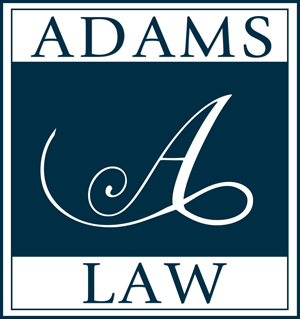Junior Professionals Owed Overtime Compensation?
The Ninth Circuit’s recent decision in Campbell v. PricewaterhouseCoopers (PWC) is significant. In that case, a group of 2,000 unlicensed junior accountants, sued their employer under California law for alleged unpaid overtime wages. During the litigation, Plaintiffs filed a motion for summary judgment, seeking to establish that as a matter of law, the junior accountants did not qualify for any overtime exemption. In response, PWC argued that they did qualify, under the professional and/or administrative exemptions. The district court disagreed, holding that unlicensed accountants are categorically ineligible for the professional exemption and that there was insufficient evidence to support a finding that they met the administrative exemption. At that point, the plaintiffs won the lawsuit on that issue.
Unfortunately, the Ninth Circuit disagreed. With respect to the professional exemption, the court held that unlicensed accountants are not categorically ineligible for the exemption simply because of their unlicensed status. The court held that unlicensed accountants may qualify as “learned professionals.” The court did not go so far as to hold that the plaintiffs in this case actually qualified for the exemption as a matter of law, but rather held that some of the employees might qualify, depending on their actual job duties, and as a result, the district court had erred in ruling that unlicensed, or junior, accountants could never qualify for the professional exemption in any circumstance. According to the court, such a holding “ignore[s] the potential for substantial variance [in job duties] from one unlicensed accountant to another.” The court emphasized that “[e]ach case will require a fact-specific inquiry into whether the unlicensed accountant meets the subsection’s various benchmarks–e.g., engaging in work that is ‘predominantly intellectual and varied in character.” The court held that the evidence before it revealed significant differences in skill level, responsibility and experience among the class member accountants.
With respect to the administrative exemption, the court similarly concluded that there were issues that required resolution by a trier of fact and that the issue could not be decided as a matter of law. Of significance was whether plaintiffs performed work under only general supervision and whether their work was of substantial importance to their employer’s clients.
Are you a junior accountant or in a similar position? If you are not currently earning overtime, an inquiry into your work environment, job duties and work history may reveal that you are exempt under the law and entitled to that premium compensation. Give us a call to see how we may be of assistance. We are glad to help.
Do you employ junior accountants or similar paraprofessionals? While the Ninth Circuit’s decision is a favorable one for California employers, that Court made clear the need to individually examine whether a particular employee qualifies for exempt status based on a review of the employee’s actual job duties and how the employee spends his or her time to ensure your compliance with the law. Give Adams Law a call today and we would be glad to help analyze your employment practices.





